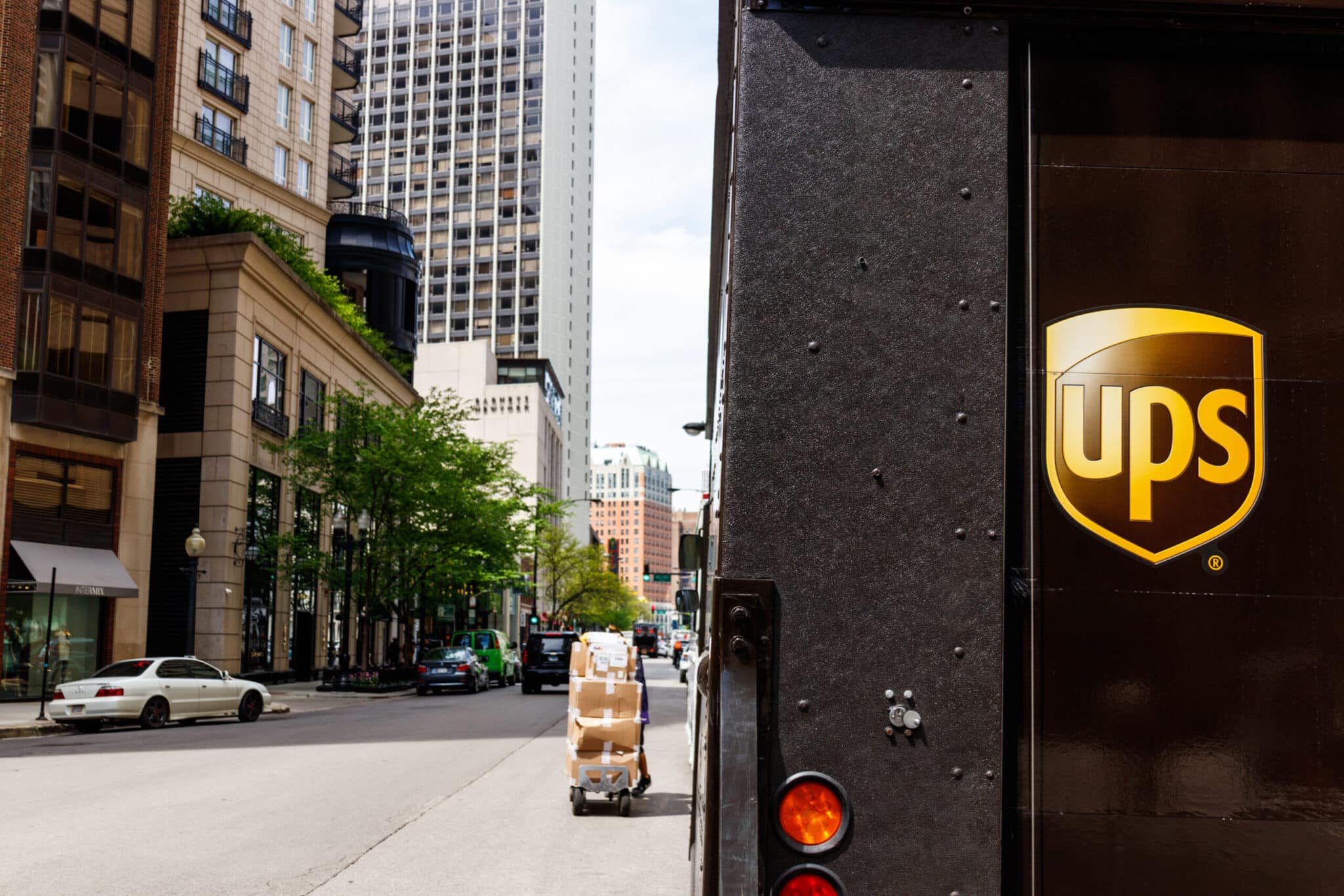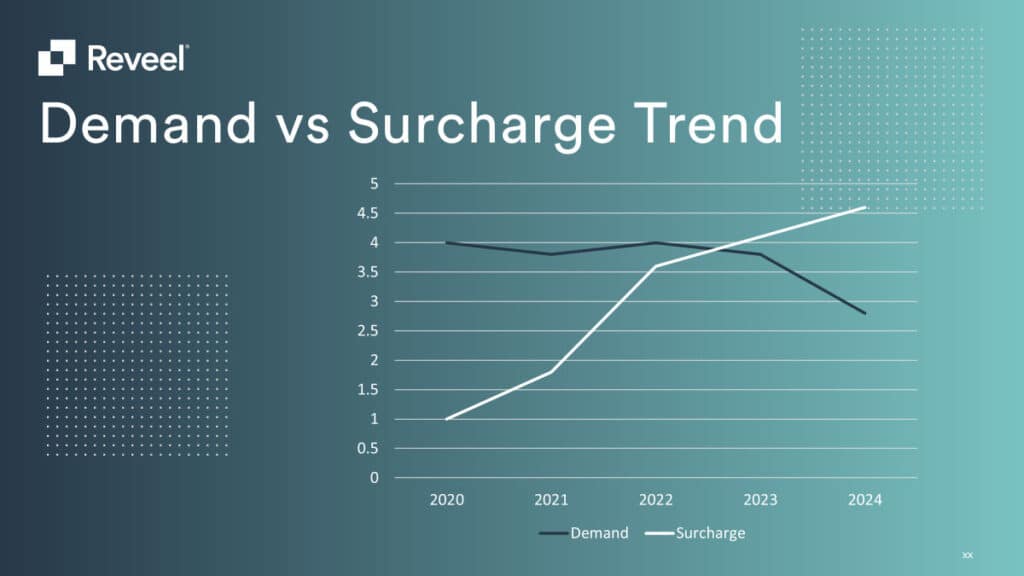UPS and the Teamsters have successfully reached a tentative labor agreement, potentially averting a strike that could have had severe repercussions for the US supply chains and the economy as a whole. The agreement, which is still subject to ratification by approximately 340,000 Teamsters members at UPS, comes amid a growing sense of empowerment within the American labor movement.
The potential strike had the potential to cause significant disruptions in package delivery, given UPS’s handling of an average of 20.8 million packages daily. The importance of UPS in the supply chain meant that the consequences would have reverberated throughout various industries. Major shippers may have sought alternative long-term contracts with UPS rivals like FedEx to ensure business continuity during any labor stoppage.
The ratification process is expected to take a little over three weeks, during which UPS workers will have the opportunity to vote on the agreement. Should the deal be rejected, a strike could still occur, albeit with a delay to the original August 1 deadline, now set for late August.
The deal encompasses wage increases for both full-time and part-time workers. Existing full- and part-time UPS Teamsters will receive an additional $2.75 per hour in 2023, with a total increase of $7.50 per hour over the contract’s duration, amounting to over $15,000 annually. Furthermore, part-time workers, who previously earned as little as $15.50 per hour in some regions, will now have a minimum hourly wage of $21, rising to $23 per hour during the contract’s life.
President Joe Biden commended the tentative deal, highlighting the significance of successful employer-employee collaboration at the bargaining table to secure fair pay and benefits for workers, fostering economic growth and prosperity.
Teamsters President Sean O’Brien expressed his satisfaction with the agreement, praising the robust wages and non-concessional terms secured for workers. This deal is seen as a milestone for the labor movement, setting a higher standard for worker compensation across various industries.
The agreement, valued at $30 billion according to Sean O’Brien, emphasizes the union’s commitment to securing a favorable contract for its members. The union successfully negotiated for existing part-time workers to receive a raise, raising their minimum hourly wage to $21, and securing an average hourly wage of $49 for full-time employees over the five-year contract.
The negotiation process involved several critical issues, including demands for improved pay, particularly for part-time employees, air conditioning for delivery vans, and closing pay gaps between different classes of UPS workers. Talks had previously stalled over economic matters, but the renewed discussions on Tuesday quickly led to the tentative agreement, with both parties reportedly reaching consensus on approximately 95% of the contract.
The deal comes as the American labor movement experiences a surge in energy and empowerment. The pandemic triggered a surge in pay for lower- and middle-class US workers, but contract workers were left out of many of these gains. This prompted unionized workers in various sectors, including actors, writers, nurses, teachers, UPS workers, and autoworkers, to voice their demands and, in some cases, threaten walkouts.
Additionally, the deal addresses mandatory overtime for drivers’ days off, a significant point of concern for the workforce, aiming to improve work-life balance. The National Retail Federation welcomed the tentative agreement, expressing gratitude that it was achieved without disrupting the marketplace, ensuring long-term stability and efficiency in last-mile delivery.
As the labor movement gains momentum and workers demand better compensation and treatment, this agreement stands as a notable achievement in securing workers’ rights and raising the bar for labor standards. The Teamsters and UPS partnership, successfully navigating the negotiations, demonstrates the power of collective bargaining in driving positive change for workers and businesses alike.
UPS CEO Carol Tomé praised the agreement, emphasizing its mutually beneficial nature for Teamsters leadership, employees, UPS, and customers. The company aims to maintain its competitive edge while continuing to offer industry-leading pay and benefits to its workforce.
Despite the progress at UPS, recent labor negotiations at FedEx resulted in a rejected tentative labor deal. This illustrates the complexities and challenges involved in reaching favorable agreements for workers across various industries.
In summary, both UPS and the Teamsters’ tentative labor agreement and preliminary deal hold immense importance in safeguarding workers’ rights, setting new labor standards, and avoiding potential disruptions in crucial supply chains and industries. The success of these negotiations underscores the power of collective bargaining in achieving positive outcomes for workers and businesses.




